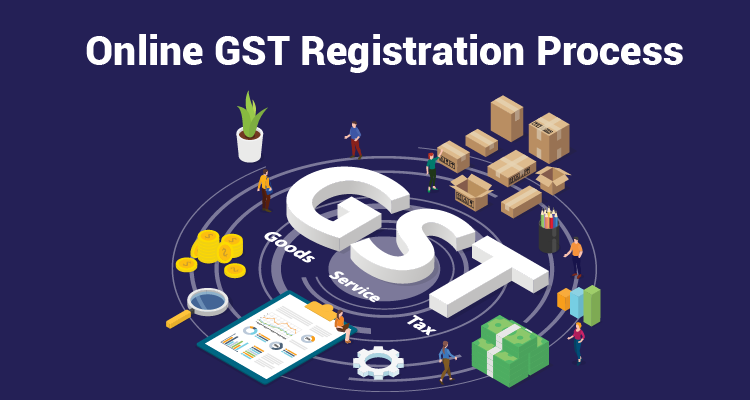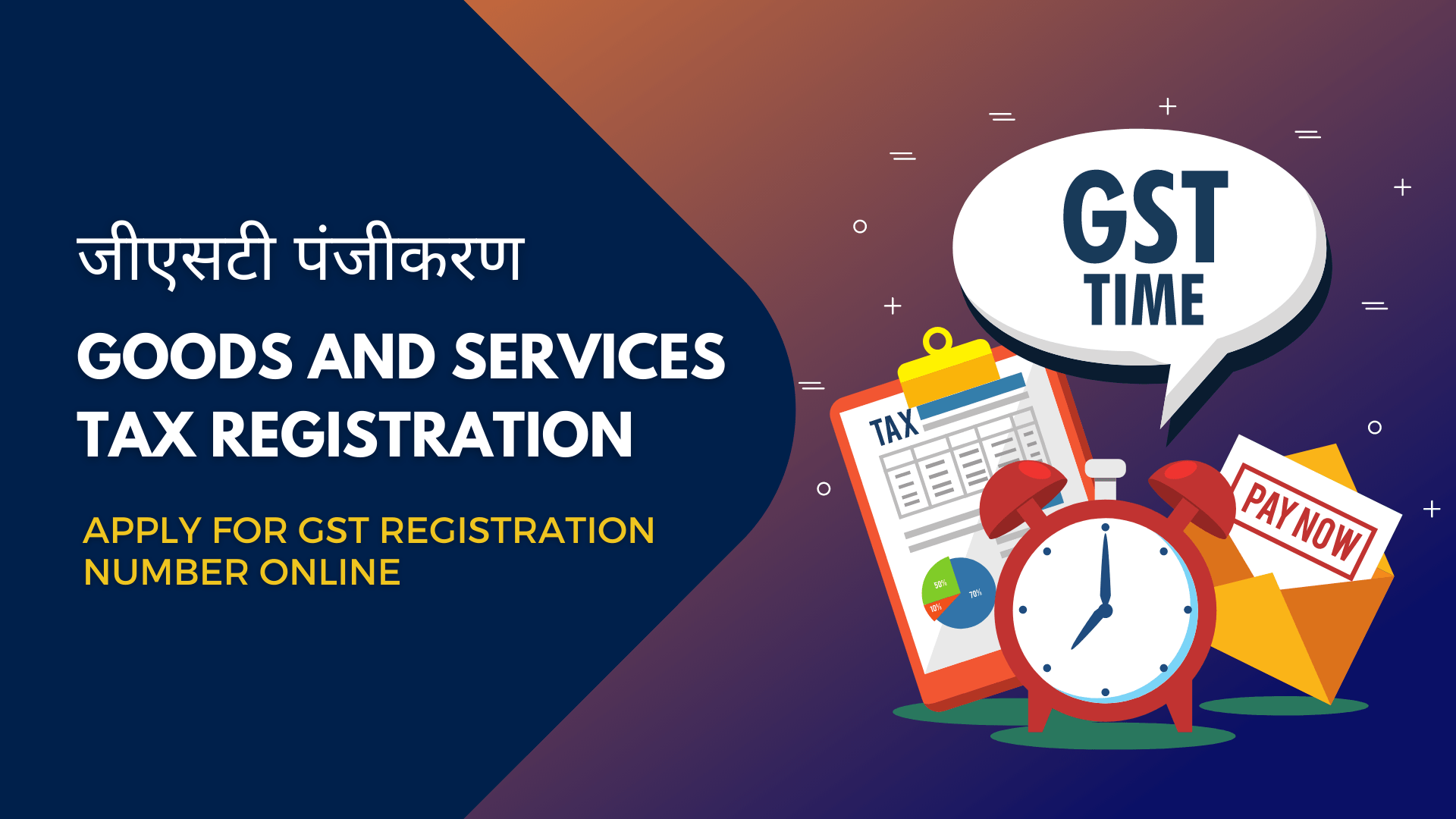Prevent Typical Errors in Singapore GST Registration for Your Service
Prevent Typical Errors in Singapore GST Registration for Your Service
Blog Article
Navigating the Complexities of GST Enrollment: Expert Tips and Best Practices for Easier Compliance
Navigating the detailed landscape of Product and Solutions Tax Obligation (GST) enrollment demands a keen understanding of the developing regulatory structure and meticulous interest to detail. As businesses aim to ensure compliance and stay clear of mistakes, expert guidance and best practices can work as vital compass factors in this complex surface. From figuring out enrollment requirements to taking advantage of technological devices for streamlined processes, the journey in the direction of smoother GST conformity is multifaceted and nuanced. Remain tuned to uncover vital approaches and understandings that can help businesses guide with the complexities of GST registration with finesse and confidence.
Comprehending GST Registration Requirements

Along with turnover thresholds, organizations involving in interstate sales or supplying taxable solutions might likewise be required to sign up for GST, also if their turn over is below the prescribed restriction (Singapore GST Registration). Understanding these thresholds and needs is necessary to avoid penalties and make certain smooth operations within the lawful structure
In addition, services should collect and prepare the required paperwork, such as proof of identification, address, company incorporation, and checking account information, before launching the GST registration procedure. Falling short to supply accurate info or fulfill the registration deadlines can result in fines or various other lawful repercussions. Consequently, organizations ought to stay notified concerning the specific GST enrollment demands relevant to their operations to preserve conformity and prevent potential problems.
Organizing Essential Paperwork
Services getting started on the GST enrollment procedure must carefully put together and organize the crucial documentation required for submission. The essential files commonly needed for GST registration include evidence of business enrollment or incorporation, address and identity proofs of the service owners or companions, savings account information, proof of major business, and consent kinds. Guaranteeing that these records are readily offered and arranged can enhance the registration procedure and protect against rejections or hold-ups.
To properly arrange crucial documentation, businesses should develop a centralized system for saving and classifying the called for documents (Singapore GST Registration). Utilizing digital storage services can help keep very easy access and make certain that records are securely saved. Furthermore, developing a checklist of all essential papers can act as a practical device to track what has actually been collected and what is still needed for entry

Leveraging Modern Technology for Efficiency
Enhancing operational efficiency through technical combination is paramount for modern organizations navigating the intricacies of GST registration. Leveraging modern technology can enhance processes, lower mistakes, and ensure prompt conformity with GST policies. One Find Out More of the essential ways innovation can assist in GST registration is through using automated software application options. These tools can assist companies track sales, produce invoices, compute tax obligations, and submit returns accurately. By automating these jobs, companies can save and reduce hands-on errors time that navigate to this website would or else be spent on repeated administrative work.
Additionally, technology can assist in seamless communication with tax obligation authorities. On the internet websites and communication devices enable businesses to send documents, settle inquiries, and obtain updates in an extra efficient manner. This not only speeds up the registration procedure but likewise helps in maintaining transparent and dependable interaction with the pertinent authorities.
Additionally, cloud-based storage options offer a protected platform for businesses to shop and accessibility their financial data, making certain conformity with GST record-keeping demands. By streamlining information storage space and automating processes, services can enhance their total effectiveness and precision in GST enrollment treatments.
Proactive Compliance Tracking

To ensure reliable positive compliance surveillance, services must develop durable internal controls, conduct periodic audits, and leverage automation tools for real-time tracking of GST deals. Regular training sessions for workers on GST conformity demands can likewise aid in creating a culture of compliance within the company. Furthermore, engaging with tax consultants or specialists can give useful insights and support on navigating complex GST regulations.
Engaging With Professional Consultants
Engaging seasoned tax experts can dramatically strengthen a business's understanding and compliance with detailed GST regulations. Specialist consultants bring a wide range of knowledge and experience to the table, helping companies navigate the intricacies of GST enrollment with ease. By leveraging their know-how, firms can make sure precise filings, lessen the threat of errors, and remain current with the newest regulative adjustments.
When engaging with professional professionals, it is vital to select specialists with a strong performance history in GST compliance (Singapore GST Registration). Continue Look for specialists that have a deep understanding of the appropriate regulations and policies, along with experience functioning with businesses in your sector. Reliable interaction is type in this collaboration, so make sure to clearly specify your assumptions and establish normal touchpoints to discuss development and resolve any issues
Moreover, professional professionals can offer important insights and recommendations on maximizing your tax method, identifying possible cost-saving opportunities, and enhancing your compliance procedures. In general, buying expert working as a consultant services can go a lengthy method in guaranteeing smoother GST compliance and staying clear of expensive mistakes.
Conclusion
Finally, browsing the complexities of GST enrollment calls for a detailed understanding of the requirements, company of crucial documentation, leveraging innovation for effectiveness, aggressive compliance surveillance, and involvement with expert professionals. By adhering to these finest methods, services can make certain smoother conformity with GST policies and stay clear of potential penalties or fines. It is necessary to remain educated, proactive, and persistent in managing GST enrollment to maintain compliance and maintain monetary honesty.
To ensure compliance with tax obligation guidelines, services should completely understand the elaborate needs for GST enrollment. Item and Services Tax Obligation (GST) is a value-added tax obligation levied on many items and solutions in a country, making it important for companies to register for GST to prevent lawful consequences.Moreover, organizations must collect and prepare the needed documents, such as proof of identity, address, organization consolidation, and financial institution account information, prior to starting the GST registration procedure. Businesses should remain educated concerning the details GST enrollment needs applicable to their operations to maintain conformity and avoid prospective problems.
The essential files typically required for GST enrollment consist of evidence of business enrollment or address, identification and unification evidence of the company proprietors or companions, financial institution account details, evidence of principal location of organization, and permission forms.
Report this page